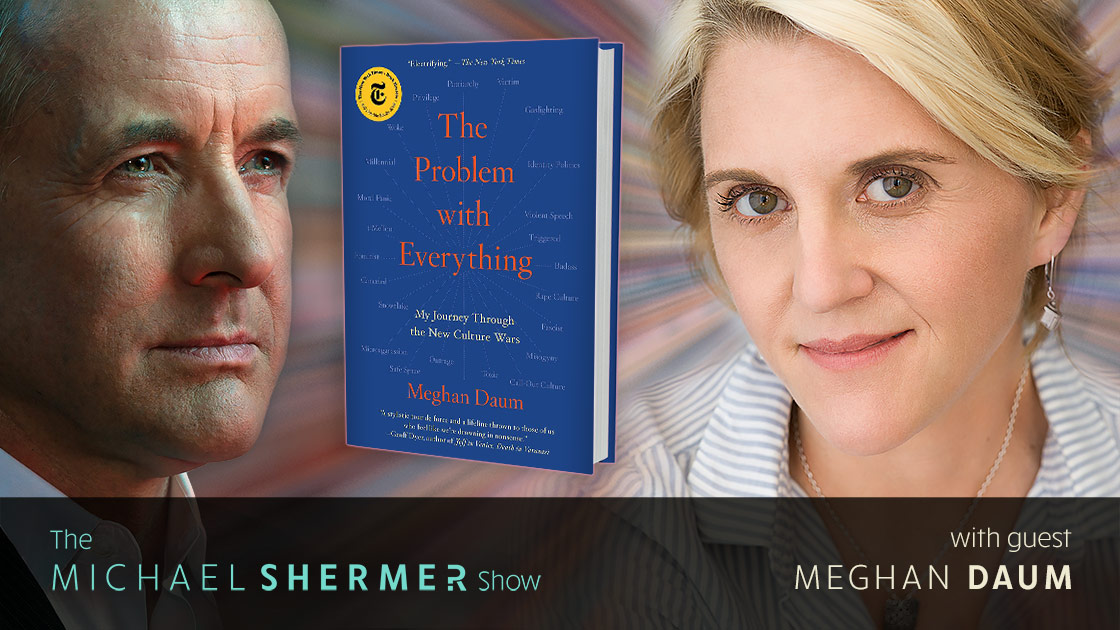
In recent years a number of books written by women in their 30s reflect on their sexual histories in their 20s in a regretful way, deciding that the type of feminism that liberated women to have sex like men — carefree and commitment-free with a variety of partners and with no consequences — is perhaps not the best strategy inasmuch as women and men differ in their sexual psychology. In this article psychologist Carol Tavris evaluates this claim and how…

Shermer and Daum discuss: unauthorized autobiography • Feminism (first, second, third wave, and beyond) • Was the sexual revolution good or bad (or both) for women? • badassery, problematica, wokescenti, cognoscenti • Gen Xers • Elders • What is a woman? • Sex and Gender • who you identify as vs. who you’re attracted to • Trans • #metoo and #BLM movements • intersectionality • toxic masculinity • wokeness, liberal vs. progressiveness, far left vs. left • cancel culture, and…

In episode 215, Michael Shermer speaks with Mary Eberstadt about the decline of religion in which Eberstadt presents her alternative theory for the “secularization thesis” (that the undermining of the family has undermined Christianity itself). In the second half, they discuss the rise of identity politics and how identitarians track and expose the ideologically impure, as people face the consequences of their rancor.
In episode 215, Michael Shermer speaks with Mary Eberstadt about the decline of religion in which Eberstadt presents her alternative theory for the “secularization thesis” (that the undermining of the family has undermined Christianity itself). In the second half, they discuss the rise of identity politics and how identitarians track and expose the ideologically impure, as people face the consequences of their rancor.











